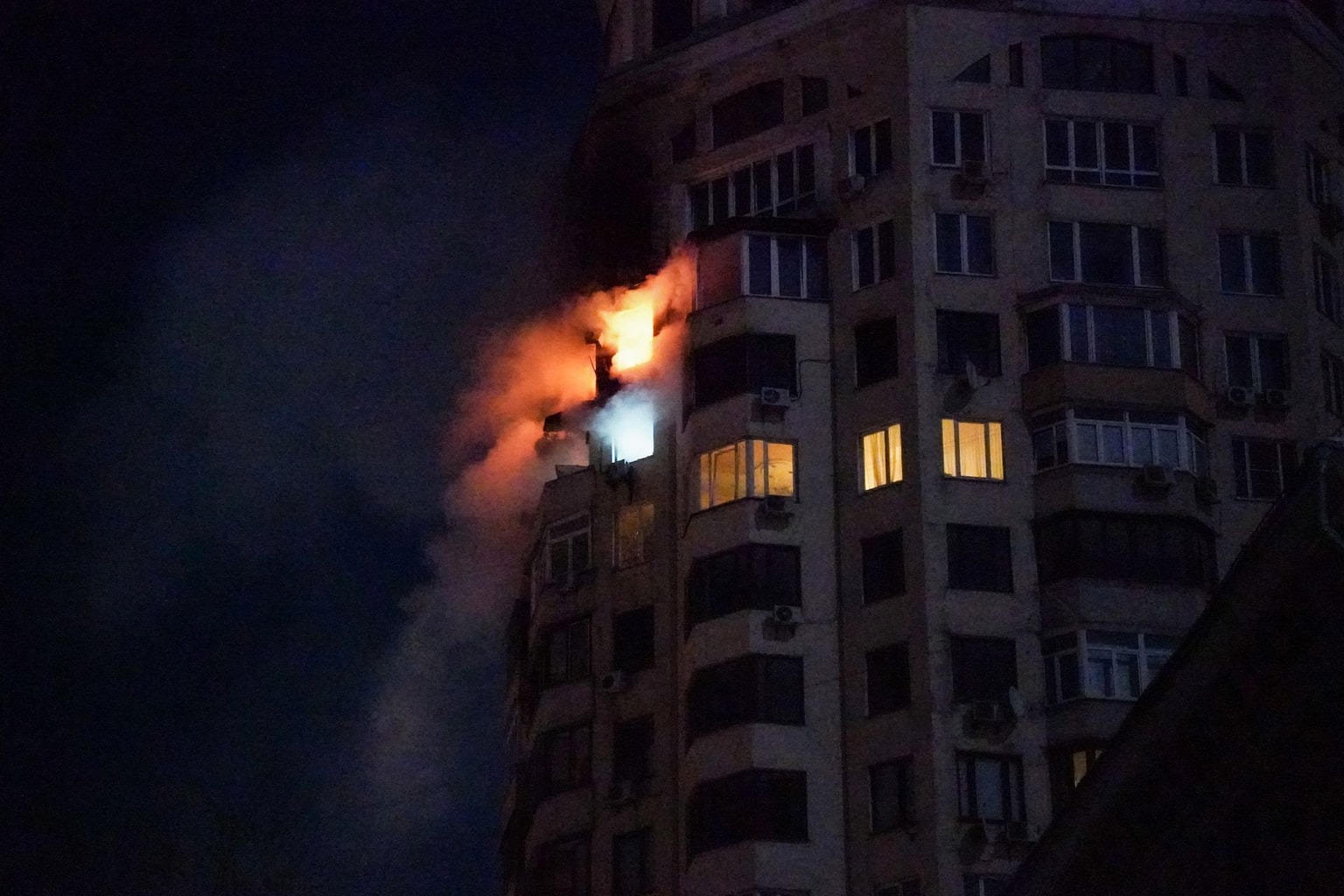Authorities reported opening 4,000 so-called "points of invincibility" across Ukraine to help people cope with the consequences of Russia's Nov. 23 missile attacks that shut down electricity, water supply and mobile communications in many places across Ukraine.
The “points of invincibility” are specially equipped places where Ukrainians can charge their phones, warm up, get access to the internet and mobile network for free and around the clock in case of power outages longer than 24 hours.
According to Deputy Head of the President’s Office Kyrylo Tymoshenko, as of the afternoon of Nov. 24, all Ukrainian regions had been reconnected to electricity. Critical infrastructure sites are getting reconnected first. Restoring power supply to households and businesses will take more time.
Russia launched a mass missile strike on Ukraine on Nov. 23, killing civilians and damaging hospitals, schools, transport infrastructure, residential areas, and critical energy infrastructure.
The attack caused emergency blackouts in all Ukrainian regions and parts of neighboring Moldova. It was Russia’s fifth large-scale air strike targeting Ukraine’s energy infrastructure. The previous ones took place on Oct. 10, Oct. 17, Oct. 31, and Nov. 15.










